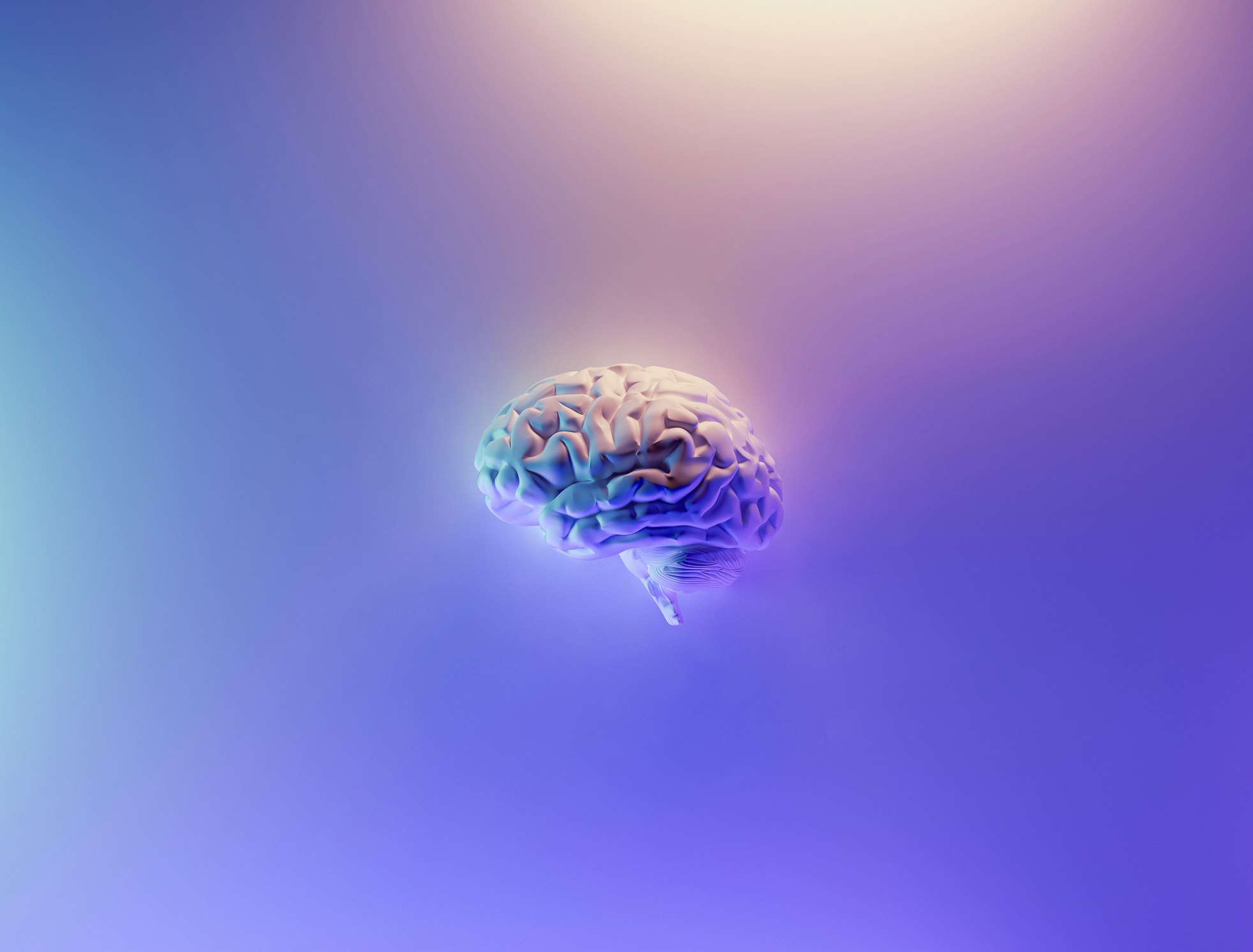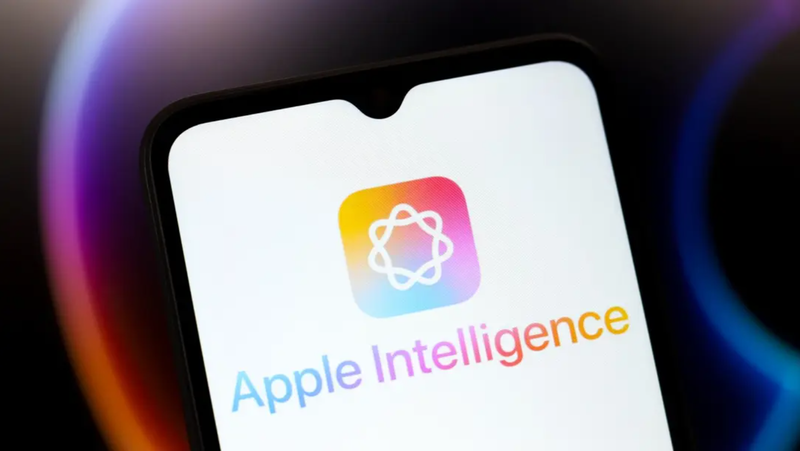AI 'Brain Clock' Appears to Solve 'Brain-Age Gap'
Researchers have used artificial intelligence (AI) to study the brain's functional connectivity — how well different parts of the brain interact with each other — and how it deteriorates more in certain regions of the world....
0:00
/1861
Facts
- Researchers have used artificial intelligence (AI) to study the brain's functional connectivity — how well different parts of the brain interact with each other — and how it deteriorates more in certain regions of the world.[1]
- The study, which analyzed data from seven countries in Latin America and the Caribbean and eight from other parts of the world, found that brains deteriorate, or age faster, in women, Latin America, and countries with higher inequality.[1]
- The research of 5,306 participants — some who were healthy and others who had mild cognitive impairment, Alzheimer’s disease, or other forms of dementia — found that income inequality, pollution, lack of healthcare, and more exposure to communicable diseases also led to faster brain aging.[2]
- While some scientists have noted that functional connectivity is just one indicator of brain health and suggested the less sophisticated brain scanning from poorer countries may have impacted the results, the study's lead author, Agustín Ibáñez of Chile's Adolfo Ibáñez University, said lower data quality didn't correlate with a larger brain-age gap.[1]
- This comes after researchers at Drexel University discovered a way to use AI analyses of MRI scans to predict the age of someone's brain, which can tell if their brain health is deteriorating faster than their actual age.[3]
- Ibáñez said he now wants to compare brain ages in the US and Asian countries to see whether national income also plays a role in brain age gaps. He hopes that studying chemical modifications on DNA will prompt personalized medicine for brain treatments.[1]
Sources: [1]Nature, [2]NCBI and [3]Medicalxpress.
Narratives
- Narrative A, as provided by UC San Francisco. Not only is AI the future of brain medicine, but it has already been used successfully. For example, scientists have been able to detect Alzheimer's up to seven years earlier than usual thanks to AI's inhumanly rapid analyses of patient health records. When you combine that research with emerging research in the environmental and social fields, this technology has the potential to identify every possible cause of premature brain aging.
- Narrative B, as provided by SpringerLink. Even as more studies prove AI's effectiveness in healthcare, there remains the issue of underutilization. Reasons for this include budgeting, low investments, and lack of technical training for healthcare staff. Doctors may also fear using AI due to potential legal consequences should it harm their patients. Hospitals, investors, and regulators should work to solve these issues so the industry has the necessary knowledge, funding, and freedom to expand AI's use in healthcare.







